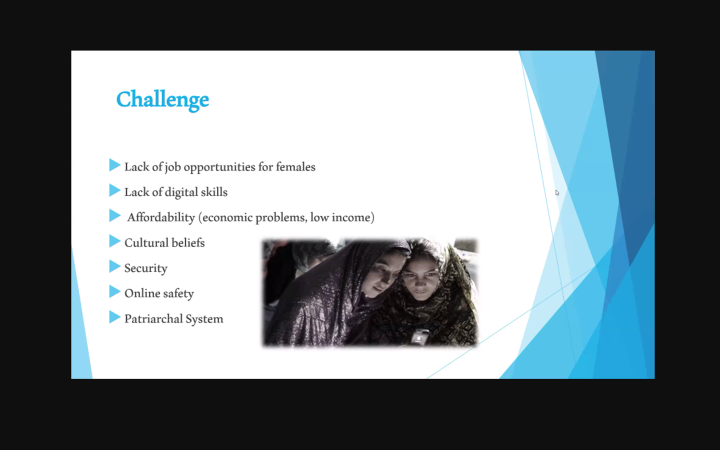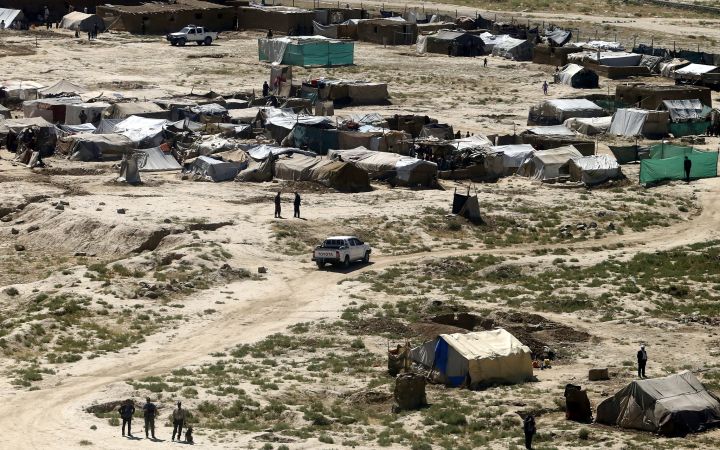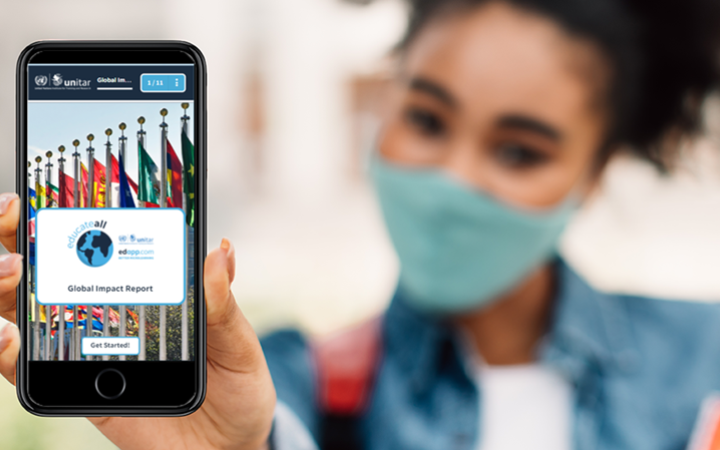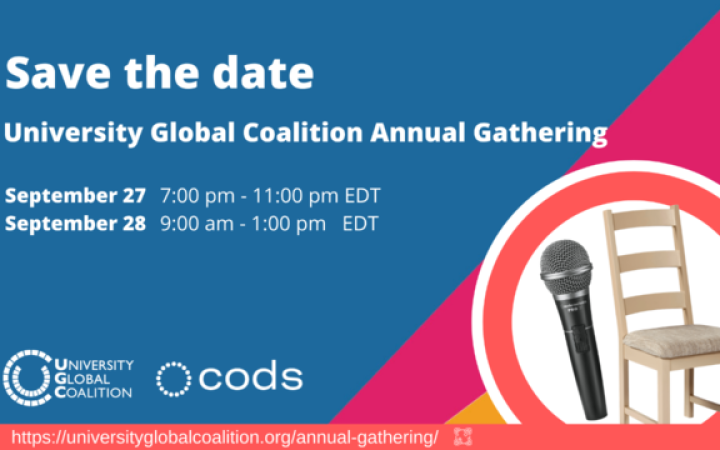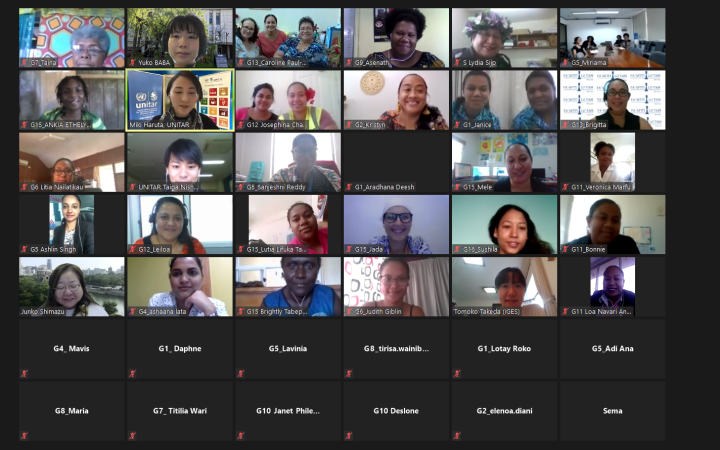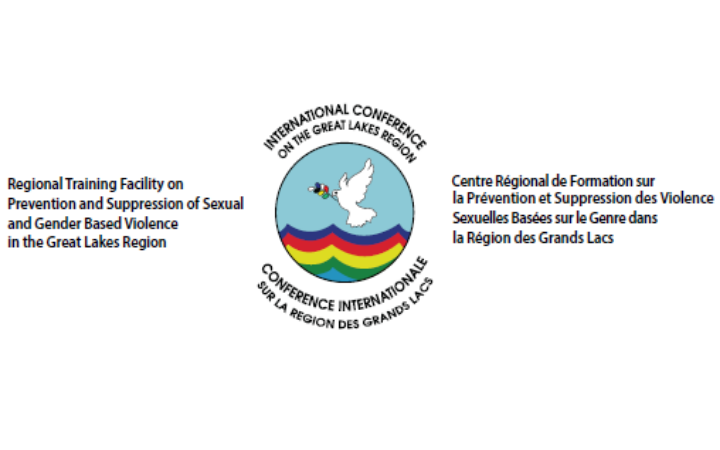Displaying 1061 - 1070 of 1755
As uncertainty continues in Afghanistan, many Afghans – especially young Afghans with no memory of life under Taliban rule – are anxious and fearful of worsening security, threats to personal safety, and a return to darker days.
September 2021 - Mental health receives little attention in Iraq, but Zahraa Al-Sarraf believes it is critical for the country’s post-pandemic recovery.
September 2021 - The world is still in shock about how the military disengagement of the West and the implosion of the Afghan government led to the Taliban victory, taking full control over almost the entire territory of Afghanistan within days. Many civilian endeavours of international assistance operating under a military umbrella ceased their operations.
10 September 2021, Hiroshima, Japan - UNITAR Division for Prosperity has released its first Global Impact Report on the performance of the Educate All open online course library. The Division’s first-ever interactive report summarizes how many lessons were downloaded and completed in 2020.
3 September 2021, Hiroshima, Japan – From algorithms that are designed and used to shape the way our social media news feed is shown, to those profiling users and curating the information they receive, Artificial Intelligence (AI) is impacting human rights worldwide. There is an urgent need to inform and educate people on how their rights are affected by AI and empower them with tools to guard their rights. UNESCO and UNITAR jointly launched a new microlearning course on AI and Human Rights for youths aged 16 to 24. The course breaks down complex concepts about AI through activities built around our daily technology interactions. The course focuses on how freedom of expression, right to privacy and the right to equality are impacted using AI.
2 September 2021, Geneva, Switzerland – On 28 September 2021, UNITAR and the University of Geneva, co-chairing the University Global Coalition Working Group on Open Innovation for the SDGs, host a session on "Reinforcing the SDGs through open innovation" in the 2021 University Global Coalition Annual Conference "Building Connections and Action for the SDGs".
1 September, 2021, Hiroshima, Japan - Anki Chia joined UNITAR's 2020 Women’s Leadership in Tsunami-based Disaster Risk Reduction Programme. She recently shared her many learned within the programme.
On 19 August 2021, Geneva, Switzerland (Virtual) – UNITAR’s Division for Peace is excited to announce the signing of a Memorandum of Understanding (MoU) with the International Conference on the Great Lakes Region of Africa Regional Training Facility (ICGLR-RTF) with the goal of contributing to international, regional, and local efforts aimed at preventing and responding to sexual and gender-based violence (SGBV) in the Great Lakes Region. UNITAR and the ICGLR-RTF have a strong working relationship, and the signing of this MoU represents the formalisation of the partnership and a recommitment towards comprehensive joint programming.
19 August 2021, Hiroshima, Japan – UNITAR is pleased to announce that its Division for Prosperity and Japanese sporting goods company SSK Corporation have signed a memorandum of understanding (MoU) to advance the use of sports as a medium of peace and understanding. SSK created a soccer jersey donning the UNITAR logo, and the jerseys were worn by the soccer players during the “Peace Match” held in Hiroshima on 7 August 2021.
16 August 2021, Hiroshima, Japan – UNITAR has been following the situation in Afghanistan with great concern. We ask for the protection of life and the safety of all the people of Afghanistan, irrespective of gender, creed, or affiliation, and that humanitarian assistance be given to those in need. We stand with the citizens of Afghanistan in the hope that humanity prevails in these trying times.


